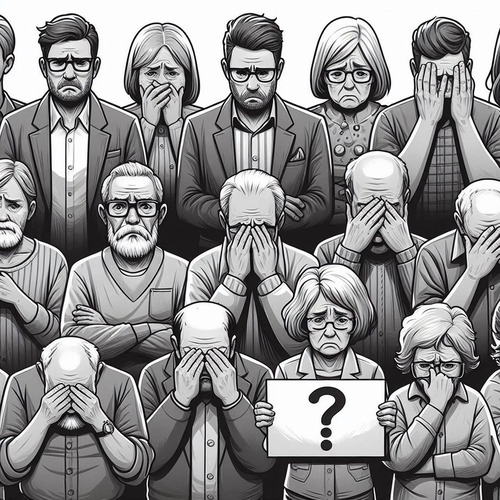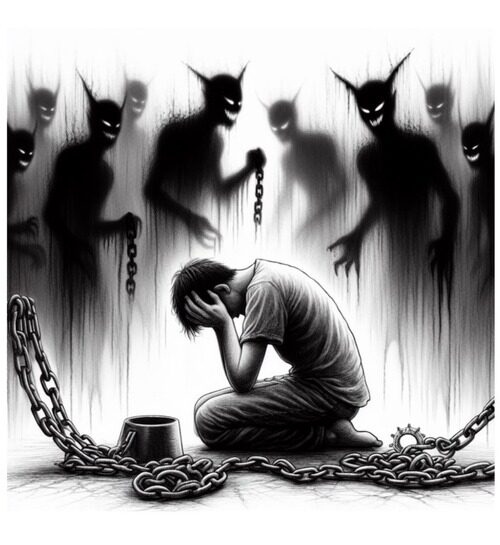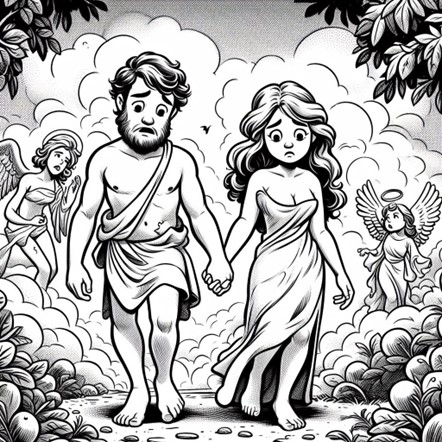Challenges to Calvinism and the Calvinist Responses
The doctrines of Calvinism have been a subject of intense debate and scrutiny for centuries. While Calvinists maintain their theological system is firmly rooted in Scripture, several significant challenges and objections have been raised against it. In this post, we’ll explore four major challenges to Calvinism and the Calvinist rebuttals, drawing from the authority of Scripture.
Challenge #1: The Doctrine of Limited Atonement Contradicts God’s Universal Love
One of the most common objections to Calvinism is the doctrine of limited atonement—the idea that Christ’s atoning sacrifice is intended only for the elect, rather than for all humanity. Critics argue this undermines the biblical teaching of God’s universal love and desire for all to be saved (1 Timothy 2:4, 2 Peter 3:9).
Calvinist Rebuttal: While affirming that God sincerely desires the salvation of all people, Calvinists contend Christ’s atonement is intended to be effective and to accomplish its purpose, rather than to be a mere hypothetical provision. They point to passages like John 10:11, where Jesus says, “I am the Good Shepherd. The good shepherd lays down His life for the sheep.” Calvinists argue if Christ died for all people without exception, logically all would be saved—a position that contradicts Scripture’s teaching on the reality of hell and judgment.
Challenge #2: Divine Election and Predestination Undermine Human Responsibility
Another common objection is that the Calvinist doctrines of unconditional election and predestination seem to undermine human responsibility and moral accountability. If God has already predetermined who will be saved and who will be condemned, critics argue, how can individuals be held responsible for their choices?
Calvinist Rebuttal: Calvinists respond by affirming divine sovereignty and human free will are not mutually exclusive—rather, they co-exist in a mysterious way that our finite minds cannot fully comprehend. They point to passages like Acts 2:23, where Peter declares Christ was “delivered up according to the definite plan and foreknowledge of God,” yet also charges his listeners with being “lawless men” who crucified Him (Acts 2:23). Calvinists argue Scripture consistently upholds both God’s sovereignty and human responsibility without resolving the apparent tension.
Challenge #3: The Calvinist Doctrine of Irresistible Grace Violates Human Free Will
Critics of Calvinism often argue the doctrine of irresistible grace, which posits God’s effectual calling cannot be ultimately resisted by the elect, violates the notion of human free will and moral agency.
Calvinist Rebuttal: Calvinists contend human free will has been compromised and enslaved by sin since the Fall, and that true freedom is found in being liberated by God’s grace to choose and love Him freely. They point to passages like John 8:34-36, where Jesus declares, “Truly, truly, I say to you, everyone who practices sin is a slave to sin… So if the Son sets you free, you will be free indeed.” Calvinists argue irresistible grace is not a violation of human freedom, but rather the means by which God restores and enables true freedom in a soul previously bound by sin.
Challenge #4: If God is sovereign and controls everything, how come evil is rife on earth?
The problem of evil is a significant challenge to Calvinism. If God is both sovereign and good, why does He let evil and evildoers thrive and go unpunished.
Calvinist Rebuttal: While God’s meticulous sovereignty over all things is clearly taught in Scripture (Ephesians 1:11, Isaiah 45:7), Calvinists maintain this does not negate human moral responsibility for sin and evil. God has endowed humanity with morally accountable free agency, and sin entered the world through Adam’s wilful disobedience (Romans 5:12). Though God has subjected the world to futility as a consequence of sin (Romans 8:20), He remains sovereign over evil without being culpable for it. Evil does not thwart God’s purposes, but rather achieves them in hidden ways (Genesis 50:20, Acts 2:23). God’s supreme glory is ultimately displayed through His conquered triumph over evil through the cross of Christ (Colossians 2:15). Thus, while evil presently abounds, Calvinists trust God’s promise that He will one day eradicate all sin and unrighteousness and usher in new heavens and a new earth where righteousness dwells (2 Peter 3:13). Here’s a detailed response to this question.
Conclusion: While these challenges are significant objections, Calvinists maintain their doctrinal system remains the most faithful and consistent interpretation of Scripture. They argue the sovereignty of God and the absolute necessity of His grace in salvation are woven throughout the biblical narrative. Any theological system that diminishes or undermines these truths falls short of the full counsel of God’s Word.
Related Reads
Editor's Pick
SUPPORT US:
Feel the Holy Spirit's gentle nudge to partner with us?
Donate Online:
Account Name: TRUTHS TO DIE FOR FOUNDATION
Account Number: 10243565459
Bank IFSC: IDFB0043391
Bank Name: IDFC FIRST BANK






